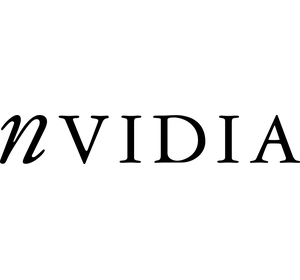$GOOG $META $AMZN
#BigTech #Antitrust #TrumpPolicies #JDVance #DOJ #Regulation #LawEnforcement #FAANG #GovernmentOversight #Competition #Mergers #StockMarket
The possibility of Donald Trump advancing into another term brings attention to how his administration might regulate the tech industry, particularly Big Tech companies like Google, Amazon, and Meta. The administration would likely continue with antitrust scrutiny, with key positions potentially being filled by contenders such as a top aide to JD Vance and former Department of Justice (DOJ) lawyers. While full appointee lists are speculative, early indications suggest that Big Tech might still remain in regulators’ crosshairs, signaling another period of heightened scrutiny over mergers and dominant market positioning.
The stocks of companies such as $GOOG (Alphabet), $META (Meta) and $AMZN (Amazon) could see increased volatility if antitrust enforcement becomes a focal point. Investors following Big Tech might need to brace for potential legal and regulatory battles. Historically, antitrust fears have directly impacted the prices of these stocks. For instance, at the height of regulatory investigations into Google’s search dominance or Facebook’s alleged monopolistic practices, these companies saw temporary stock declines as investor sentiment soured over the uncertainty of legal frameworks or potential fines. If Trump’s potential contenders for Department of Justice roles are staunchly pro-competition, this could lead to significant hurdles for planned mergers or acquisitions in the tech space, particularly involving large market disruptors.
From a market analysis standpoint, consideration of long-term risks becomes essential for major tech holders. While Big Tech companies tend to bounce back after initial dips from regulatory news, sustained scrutiny could limit these firms’ growth, especially if their business models are deemed anti-competitive. For example, if mergers between Big Tech players or smaller competitors are blocked, it could put a cap on the expansion potential of companies like Amazon, which often explores horizontal and vertical acquisitions to increase market share. Investors must also consider how legal costs and ongoing litigation add to financial burdens. If the Justice Department aggressively pursues antitrust cases, those outcomes might significantly alter competitive landscapes across the global tech industry.
Furthermore, short-term stock traders and crypto markets should keep a keen eye on how the Trump administration’s legal moves surrounding antitrust could influence broader sentiment in the investment landscape. While cryptocurrencies are untethered from government entities, regulatory stances toward tech giants might influence broader market behavior, drawing correlations across different sectors. Regulatory uncertainty in Big Tech could shift capital into other “safer” assets, including cryptocurrency investments, as traders seek to hedge against tech volatility.
Investors, market analysts, and concerned stakeholders would likely continue paying close attention to the actual composition of any future DOJ team under Trump. The balance between promoting competition and fostering innovation without stifling industry progress is a delicate one, and how antitrust enforcement evolves could significantly shape not only the tech landscape but also general markets going forward.











Comments are closed.